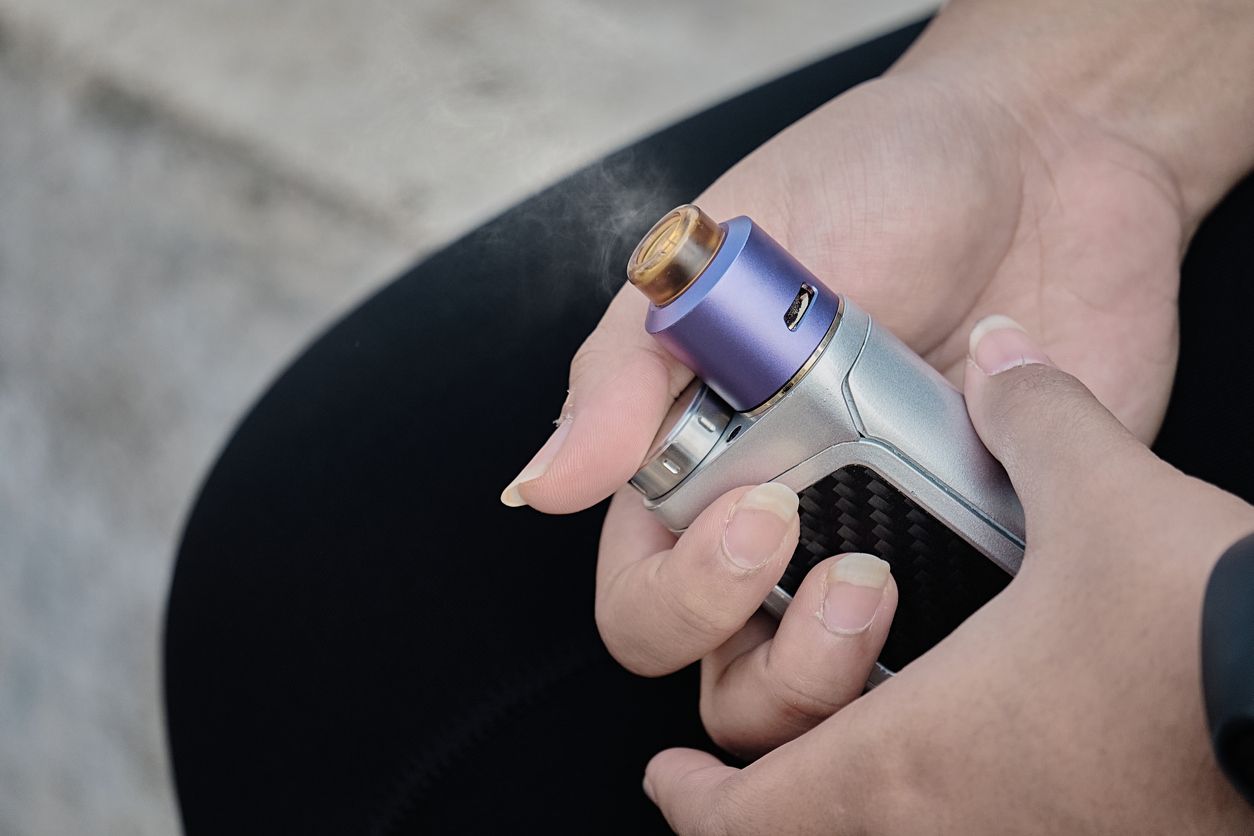Is your partner smoking too much weed?

It’s one thing when an individual struggles with a dependence on cannabis, but it’s another when a spouse feels it necessary to get involved. When looking at your situation, it’s much easier to understand why you would do what you do, but when we’re assessing others we care about, it’s a much trickier task to manage. This is especially true for spouses on the outside, strangers to cannabis and its effects, looking in on a person with ample experience with cannabinoids.
It can be hard to ascertain how difficult a situation might be and whether your fears and concerns are even necessary. After all, it takes more than a gut reaction to whatever you feel is too much weed to establish a clear need to be worried. But how far is too far, what are the symptoms to look for, and are there dangers that lurk in the shadows that you might not know about if you’re significant other overconsumes? Here, we hope to help you with that by addressing all of those concerns and more.
Does marijuana overdose a valid concern?
One of the biggest fears for the loved ones of those reliant on drugs is the risk of an overdose, and this is something that every consumer and non-consumer alike should be aware of. Still, a marijuana overdose isn’t the same thing as taking too much fentanyl, heroin, or even alcohol. In most cases, users who take too much of the green end up with discomforts and temporary effects such as:
- Paranoia
- Fear
- Anxiety
- Trouble breathing
- Nausea
- Vomiting
- Difficulty waking
- Hallucinations
The majority of these ill effects are short-lived, so it isn’t necessarily the amount of cannabis used in anyone sitting which’s the biggest concern. In worst case situations, marijuana overdose victims may be scared or feel uneasy for a couple of hours. Still, after plenty of rest, water, and nutritious food, those who experience it are generally right as rain. Medical intervention or assistance is rarely, if ever necessary, so you can rest easy knowing that you can take this thought off of your mind.
How much is too much?
This is a bit of a loaded question that doesn’t have one specific, perfectly measured answer. For some consumers, too much could be smoking it every single day only once, whereas others might be completely fine partaking in the green multiple times daily. In some cases, the type of product being used, and the amount consumed might be measurable with a too much limit because too much is pretty much any amount that comes with adverse effects.
Some of the most common adverse effects of using too much cannabis include things like:
- Depression
- Cannabis addiction
- Social avoidance
- A lack of motivation
- No longer fulfilling daily responsibilities
- Difficulty paying for cannabis while maintaining other financial obligations
- Other adverse behavioural, physical, or mental changes brought on by cannabis use
Signs of cannabis addiction
Most of the adverse effects of using too much weed will wear off after a substantial tolerance break, but for some, taking a holiday from getting high might not be a very comfortable option. Of course, many require cannabis as a medicine to manage symptoms, and in those cases, it’s understandable. Still, if the average recreational consumer can’t go more than an hour or two without getting stoned, that’s a pretty good sign of addiction.
Other common signs might include financial instability or ignoring regular responsibilities in exchange for time or money to spend using cannabis. There are other, less subtle signs and symptoms of cannabis addiction that might arise, but the general rule is that if your spouse doesn’t have a valid medical reason for using it, and yet they can’t seem to go without it, they might have a problem. However, this one thing alone doesn’t guarantee it.
Questions you’ll need to ask yourself
At this point, you are probably at least a little bit confused. We’re used to specific medical diagnoses, checklists, things to look out for, solid answers, but that’s just not possible with cannabis. For some consumers, toking multiple times a day is simply a part of life and not at all detrimental to their overall wellbeing, no matter how much you or I might think that’s it’s a bit too much.
Since this is hard to figure out, we decided to compile a handful of questions you can ask yourself to determine whether your partner might be consuming too much.
1. Is it detrimental to their mental health?
Yes: This might be a problem worth looking into.
No: They might be just fine with their consumption habits.
2. Are there are severe adverse consequences?
Yes: If serious problems arise because of cannabis use, it is always a cause for concern.
No: As long as the side effects of your spouse getting high aren’t interfering with life, the amount they use might not matter.
3. Are daily responsibilities being fulfilled?
Yes: This is an excellent indication of a functional stoner, which is someone who can toke and still get everything done, and that’s not something worth worrying over.
No: If a person’s daily responsibilities are being ignored, this is something to address.
4. Is the individual in question genuinely happy?
Yes: If they’re happy, then you might want to ask yourself why you aren’t too.
No: This is a symptom of overconsumption that should be openly discussed.
5. If your belief that your partner uses too much cannabis based on stereotypes
and bias?
Yes: Though it might be hard, sometimes we judge our spouses love for cannabis-based on a sheer lack of understanding, and that’s ok, but if this is the case, it’s best to accept it now, rather than causing trouble for no reason that is worth the potential cost.
No: If, after all of this, you still genuinely believe that your other half has a problem with using too much cannabis, then it might be time for help.
In the end
In the end, only you, the individual in question, and their healthcare professional can truly give you a solid answer as to how much is too much when it comes to your spouse using cannabis. However, if you worry, then a great place to start is with an open and honest conversation. Sometimes, consumers just don’t see the effects of their habits until someone close to them is willing to point them out, so this is an excellent first step towards figuring out how serious each situation might be.
From there, professional assistance can be sought, depending on your coverage, area, and preference, and often this kind of help is completely free. Even if, in the end, you’re wrong, this is a conversation worth having because there is nothing that builds a stronger relationship quite like honesty.


